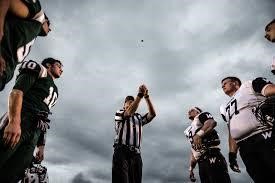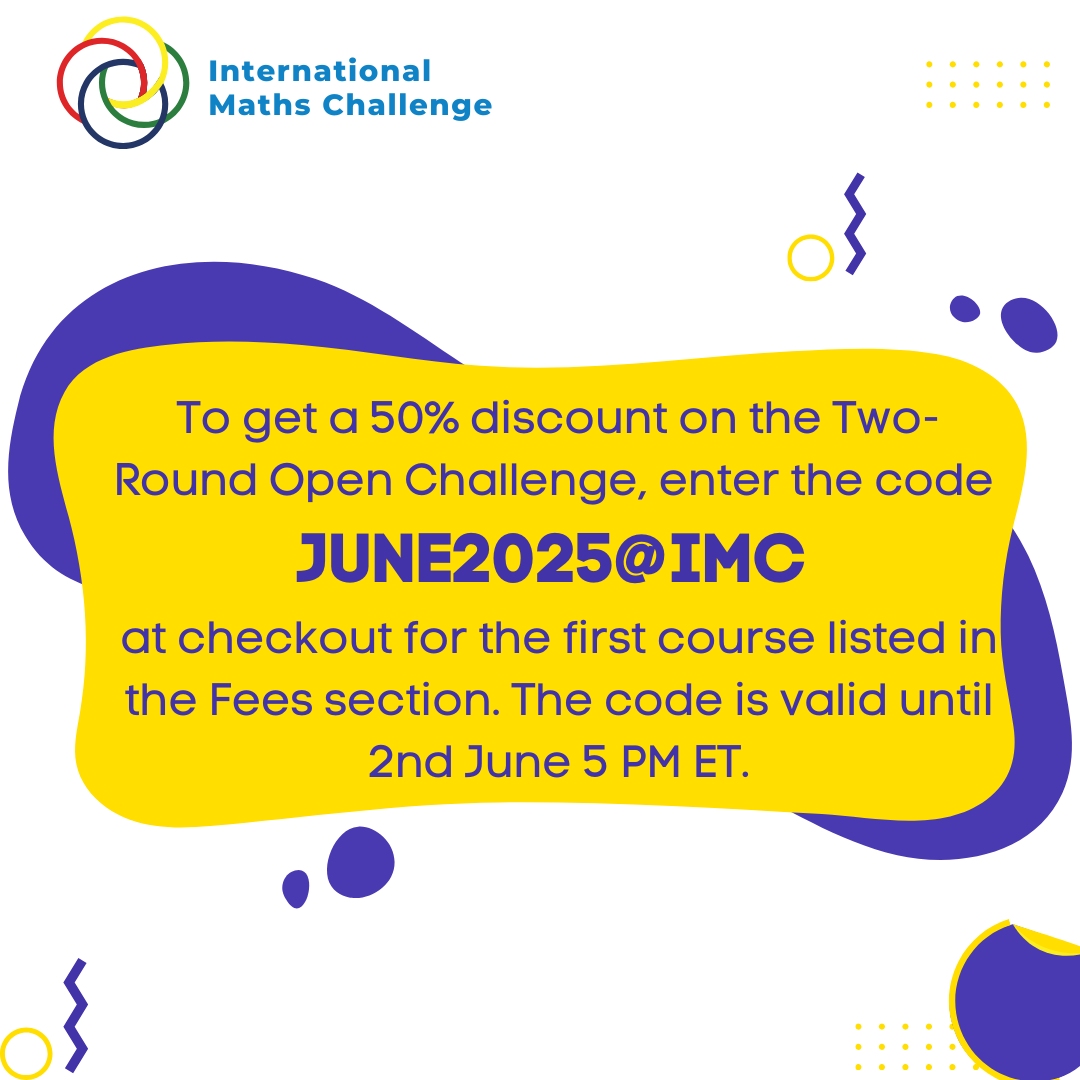
A large team of researchers affiliated with multiple institutions across Europe, has found evidence backing up work by Persi Diaconis in 2007 in which he suggested tossed coins are more likely to land on the same side they started on, rather than on the reverse. The team conducted experiments designed to test the randomness of coin flipping and posted their results on the arXiv preprint server.
For many years, the coin toss (or flip) has represented a fair way to choose between two options—which side of a team goes first, for example, who wins a tied election, or gets to eat the last brownie. Over the years, many people have tested the randomness of coin tossing and most have found it to be as fair as expected—provided a fair coin is used.
But, Diaconis noted, such tests have only tested the likelihood that a fair coin, once flipped, has an equal chance of landing on heads or tails. They have not tested the likelihood of a fair coin landing with the same side up as that when it was flipped. He suggested that due to precession, a coin flipped into the air spends more time there with its initial side facing up, making it more likely to end up that way, as well. He suggested that the difference would be slight, however—just 1%. In this new effort, the research team tested Diaconis’ ideas.
The experiment involved 48 people flipping coins minted in 46 countries (to prevent design bias) for a total of 350,757-coin flips. Each time, the participants noted whether the coin landed with the same side up as when it was launched. The researchers found that Diaconis was right—there was a slight bias. They found the coin landed with the same side up as when it was launched 50.8% of the time. They also found there was some slight variation in percentages between different individuals tossing coins.
The team concludes that while the bias they found is slight, it could be meaningful if multiple coin tosses are used to determine an outcome—for example, flipping a quarter 1,000 times and betting $1 each time (with winnings of 0 or 2$ each round) should result in an average overall win of $19.
For more such insights, log into our website https://international-maths-challenge.com
Credit of the article given to Bob Yirka , Phys.org

